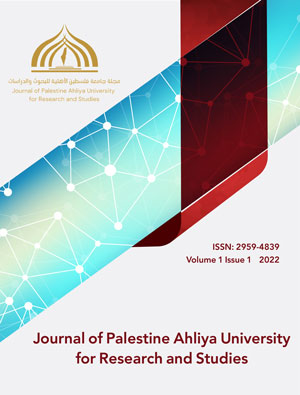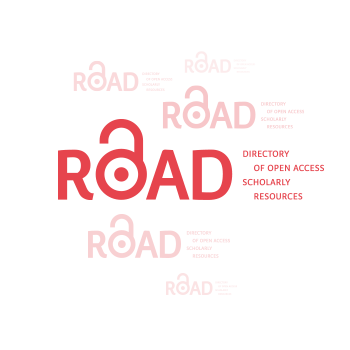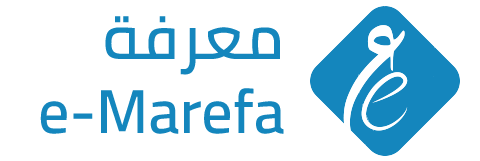Palestinian EFL Students' Perceptions of Using Edmodo in Developing their Writing Skills
DOI:
https://doi.org/10.59994/pau.2022.1.132Keywords:
Blended learning, Edmodo, mixed-methods, mobile learningAbstract
The present study explored Palestinian EFL students’ perceptions towards the use of Edmodo in developing their writing skills at Palestine Ahliya University, Bethlehem. Sixteen sophomore English major students taking the Oral Communication II course in the Spring Semester 2019 - 2020 served as the participants of the study. The researchers adopted a mixed methodological approach. A questionnaire consisting of 27 items was adapted by the researchers for the purpose of eliciting students’ perceptions towards the use of Edmodo in developing their writing skills and the barriers they faced while using the platform. In addition, in-depth qualitative data was gathered from students' written responses to an end-of-course assignment posted on Edmodo. In general, the results of the study revealed that students had positive perceptions towards using Edmodo in terms of writing development and collaborative learning. However, it is worth noting that several participants reflected negative responses which resulted from the technological difficulties and their limited experiences with Edmodo.
Downloads
References
Abeysekera, L., & Dawson, P. (2015). Motivation and cognitive load in the flipped classroom: definition, rationale and a call for research. Higher education research & development, 34(1), 1-14.
Al-Naibi, I. H., Al-Jabri, M., & Al-Kalbani, I. (2018). Promoting Students' Paragraph Writing Using EDMODO: An Action Research. Turkish Online Journal of Educational Technology-TOJET, 17(1), 130-143.
Cronbach, L. J. (1951). Coefficient alpha and the internal structure of tests. psychometrika, 16(3), 297-334.
DiMaggio, P., Hargittai, E., Celeste, C., & Shafer, S. (2004). Digital inequality: From unequal access to differentiated use. Social inequality, 355-400.
Ekici, D. I. (2017). The use of Edmodo in creating an online learning community of practice for learning to teach Science. Malaysian Online Journal of Educational Sciences, 5(2), 91-106.
Ekici, D. I. (2017). The Use of Edmodo in Creating an Online Learning Community of Practice for Learning to Teach Science. Malaysian Online Journal of Educational Sciences, 5(2), 91-106.
Fuchs, C., & Horak, E. (2008). Africa and the digital divide. Telematics and informatics, 25(2), 99-116.
Garrison, D. R., & Kanuka, H. (2004). Blended learning: Uncovering its transformative potential in higher education. The internet and higher education, 7(2), 95-105.
Glaser, B. G., & Strauss, A. L. (2009). The discovery of grounded theory: Strategies for qualitative research. New Brunswick: Transaction Publishers.
Graham, C. R. (2006). Blended learning systems. The handbook of blended learning: Global perspectives, local designs, 3-21.
Hrastinski, S. (2019). What do we mean by blended learning?. TechTrends, 63(5), 564-569.
Jokar, M., & Soyoof, A. (2014). The influence of written corrective feedback on two Iranian learners’ grammatical accuracy. Procedia-Social and Behavioral Sciences, 98, 799-805.
Mapolelo, D. C., & Akinsola, M. K. (2015). Preparation of Mathematics Teachers: Lessons from Review of Literature on Teachers’ knowledge, Beliefs, And Teacher Education. International Journal of Educational Studies, 2(1), 01-12.
Nunan, D. (1996). Towards autonomous learning: some theoretical, empirical and practical issues (pp. 13-26). Taking Control: Autonomy in Language Learning. Hong Kong: Hong Kong University Press.
Purnawarman, P., Susilawati, S., & Sundayana, W. (2016). The use of Edmodo in teaching writing in a blended learning setting. Indonesian Journal of Applied Linguistics, 5(2), 242-252.
Scott, H. E. (2018). Through the wall of literacy: Transformative practice in social networks among GCSE re-sit Further Education students. Education+ Training, 60(6), 569-583.
Sharples, M., Adams, A., Ferguson, R., Mark, G., McAndrew, P., Rienties, B., ... & Whitelock, D. (2014). Innovating pedagogy 2014: exploring new forms of teaching, learning and assessment, to guide educators and policy makers. The Open University.
Smith, M., & Gurton, P. (2020). Flipping the classroom in teacher education. Flipped Classrooms with Diverse Learners: International Perspectives, 221-238.
TEFL-ePAL (2020). Erasmus+ funded project. Retrieved from: http://tefl-epal.ps/
Thompson, B. (2002). Score reliability: Contemporary thinking on reliability issues. Sage publications.
Traxler, J. (2016). Mobile Learning Research: The Focus for Policy-Makers. Journal of Learning in Development, 3(2), 7-25
Traxler, J. (2017). Learning with Mobiles in Developing Countries –Technology, Language and Literacy. International Journal of Mobile & Blended Learning, 9(2), 1-15
Traxler, J., & Smith, M. (2020). Data for development: Shifting research methodologies for COVID-19. Journal of Learning for Development, 7(3), 306-325.
Vaughan, M. (2014). Flipping the learning: An investigation into the use of the flipped classroom model in an introductory teaching course. Education Research and Perspectives, 41, 25-41.
Yough, M., Merzdorf, H. E., Fedesco, H. N., & Cho, H. J. (2019). Flipping the classroom in teacher education: Implications for motivation and learning. Journal of Teacher Education, 70(5), 410-422.
Yusuf, Q., Yusuf, Y. Q., Erdiana, N., & Pratama, A. R. (2018). Engaging with Edmodo to teach English writing of narrative texts to EFL students. Problems of Education in the 21st Century, 76(3), 333-349.

Downloads
Published
How to Cite
Issue
Section
License
Copyright (c) 2023 Journal of Palestine Ahliya University for Research and Studies

This work is licensed under a Creative Commons Attribution 4.0 International License.
مجلة جامعة فلسطين الاهلية للبحوث والدراسات تعتمد رخصة نَسب المُصنَّف 4.0 دولي (CC BY 4.0)











